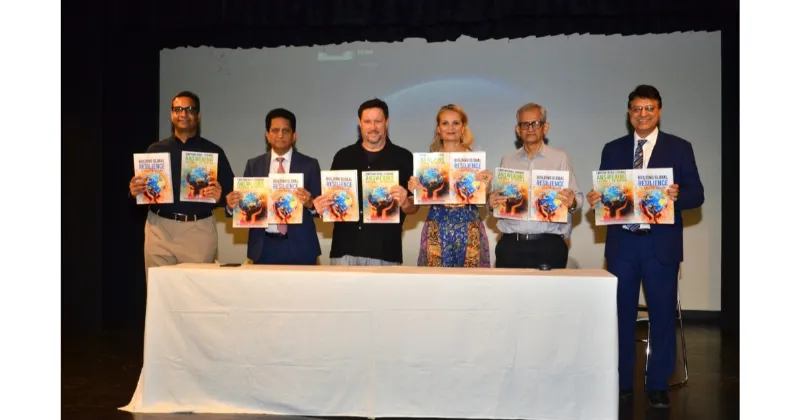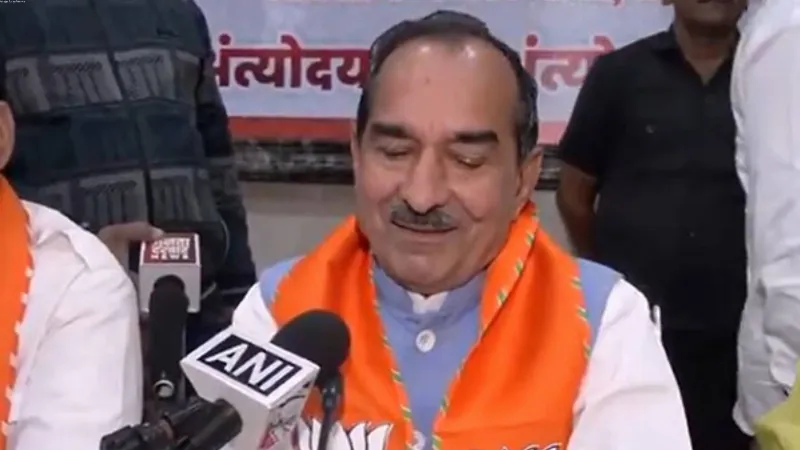Latest News
A story is all that will remain in the end

New Delhi: In a quest to find a meaning to life, Heena Singhal, a Chartered Accountant, went on to chase her old hobby of storytelling because what we often hear holds true—as adults, we are the manifestations of all our childhood hobbies, dreams and fears even.
Singhal began writing her novel at the same time when she welcomed motherhood into her life, and quite naturally, as she believes, her stories revolve around women-centric themes. What emerged after five years of nurturing a daughter and bringing into the world another one was her debut novel, Songs of the Reed.
The novel is a lavishly narrated saga sewn with the intricacies of love and emotions. It takes the reader to the tragic time in the valley of Kashmir and its aftermath on people who survived the war. Atmospheric as a book can be, it lets one breathe in the chaos and energy of New Delhi and sing with the melodious rivers and romantic forts of Spain all at once. The story is inspired by the poem of the same name by Rumi, the very legendary Persian poet of all time.
Singhal believes in the invincible power of stories and their impact not only on the hearts of people but also on their potential to drive the collective emotions of the world at large. People are known to attach themselves more keenly to stories in comparison to plain facts, and stories—if they find them compelling—stay with them for much longer, sometimes even a lifetime. Stories help us to transcend our boundaries of culture, faith, class, and tradition and even break the biases we hold for others distinct from us.
With fiction, seated on a cosy couch, one can feel both the joy and pain, or even suffering, of someone battling to survive in a distraught refugee camp in a faraway continent, all this without ever meeting them in person.
A protagonist in her own novel brought her closer to the commitment of supporting the abandoned children of the country, the count of which goes into millions. Unfortunately, these innocent little lives are found smothered in plastics bags, left to wither in the garbage dumps, or simply deserted near temples, hospitals and orphanages. All her profits from the sale of e-copies of her novel support these lost and abandoned children.
Give a child a pen, and he/she can create a marvel solely through imagination. All a child needs is a good story, but in the real world, so many children struggle to receive a basic education in India, let alone the storybooks that remain an unaffordable luxury. Apart from being a visiting faculty at the Institute of Chartered Accountants of India, Singhal passionately illustrates books imagined and created by children and takes read-out-aloud storytelling sessions for underprivileged children.
Talking about beauty, Singhal believes beauty not so much lies in the eyes of the beholder as it does in the courage and resilience of the survivor. She strongly advocates art as therapy. A series of her own paintings, which she has named ‘Womanhood’, is dedicated to women and girls who have sailed through the atrocities of the world. The world must applause bravery, but all those women who have lived in silence need love and support too. Singhal donates half of the sale proceeds from the series of her artwork (womanhood) to the survivors of acid attacks and is connected with Chhanv Foundation in their pursuit to empower and rehabilitate the survivors of such heinous acts.





















